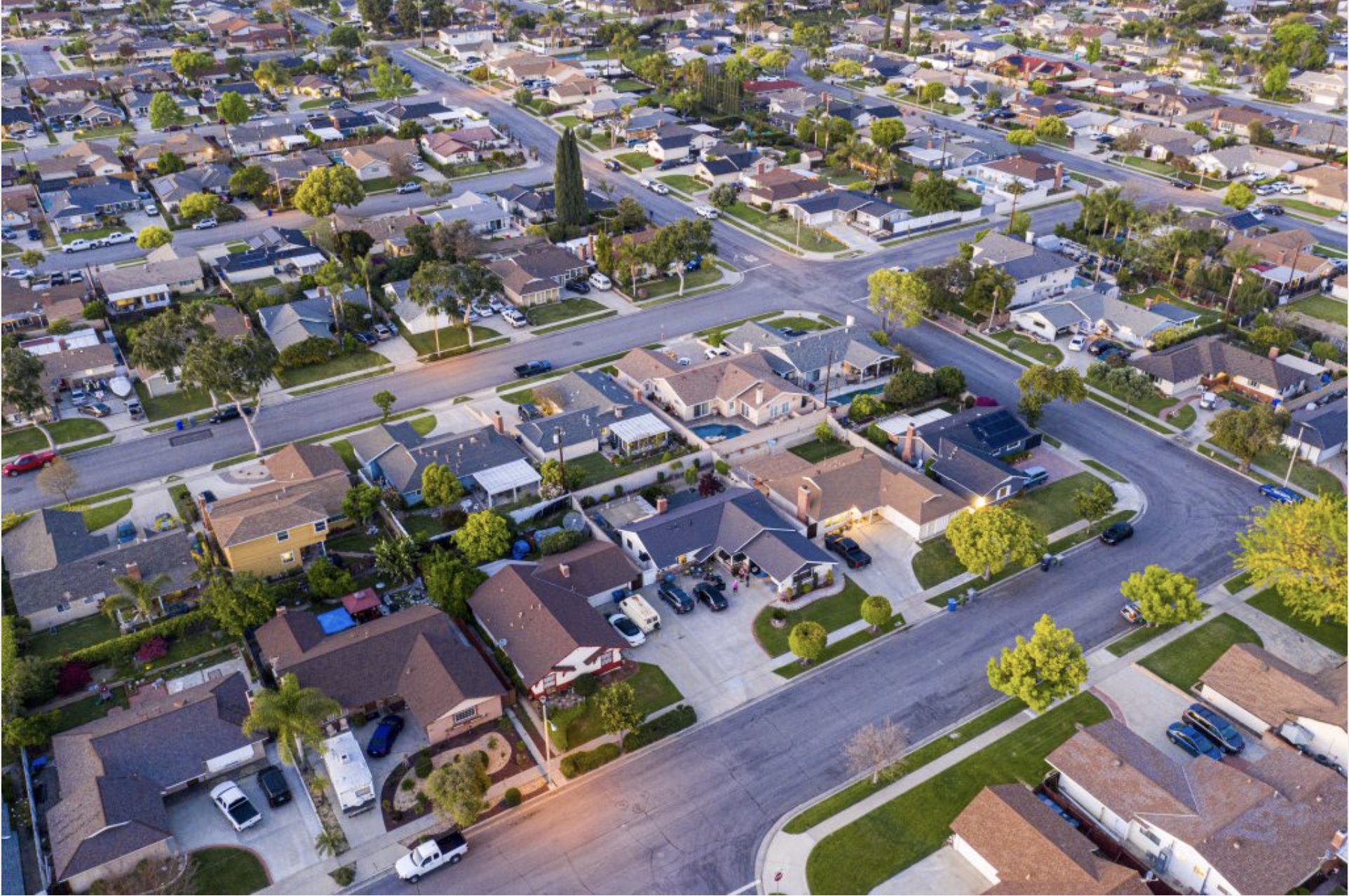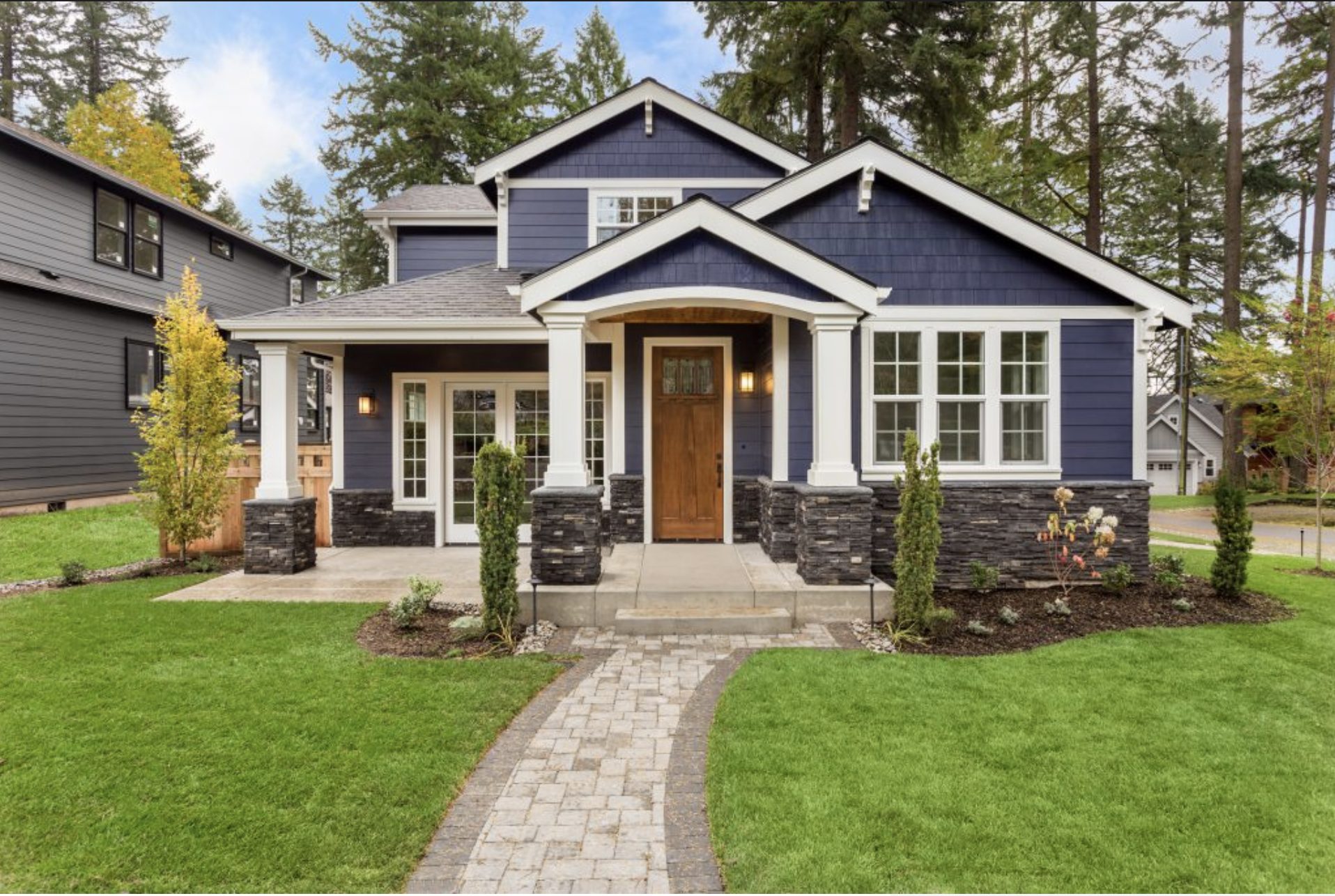Social Links Widget
Click here to edit the Social Media Links settings. This text will not be visible on the front end.
Nine-point strategy to find your ideal investment property


Finding a great investment property requires due diligence and discipline around the organization of your finances.
You need to be on top of mortgage and tax obligations and potential income and tax benefits and write-offs you’ll receive.
Focus on the anticipated financial benefits from an investment property: are you seeking an outright profit from day one, or is the purchase strategic to minimize tax or develop a long-term wealth portfolio?
As an experienced agent in Saskatoon, I’ll always suggest to my investor clients that they seek professional financial advice to avoid unforeseen costs.
Picking the right property in which to invest requires an equal amount of attention and research. And if you’re looking at an investment property right now, you’re likely ahead of the curve.
To help you search, I’ve listed nine critical considerations in deciding on an investment property. If I can assist you in locating a suitable apartment or house, please do not hesitate to contact me.
- Vacancies—Always look at the number of vacant rental properties in the neighborhood. You don’t want to invest where there’s an oversupply of properties—it’s a sure sign that rents will be going down.
- Rental income – Compare the rents being asked for similar properties. Can you make your numbers work at the going rate?
- Future developments—Are any significant new property developments about to come onto the market? A release of several hundred apartments places pressure on rental incomes and can result in a short—to medium-term fall in values and rental competition.
- Employment – Neighborhoods with readily available employment are usually rental solid performers. Find out about major local employers in your target areas. This can be positive if there is a strong hospitality and casual workforce, which is usually evident in tourism centers and university towns.
- Entertainment – Finding a location close to cafes, restaurants and movie theatres is gold if you want an apartment with young professionals as tenants.
- Neighbourhood—The locality influences the type of renter. Any location near a university or major hospital will attract students, lecturers, doctors, nurses, and others employed in those institutions.
- Schools – A rental property near a school with an excellent reputation can be an effective investment strategy, especially if you’re considering investing in a house. Families who rent are usually longer-term tenants. You may struggle to find a tenancy if education requires a long bus trip.
- Crime—Check local crime statistics, as vandalism and petty crime can diminish the value of your investment and diminish your returns.
- Taxes—Do your due diligence on your preferred locations. Look for areas with higher property taxes and local tax levies.
I hope you’ve found this list helpful. If I can help you secure an investment property, please do not hesitate to contact me. We can discuss tenant preferences and rental income trends and the best way to attract long-term reliable renters for you.
Seven shopping tips to find your dream home


Searching for your dream home can be an exciting experience. You get to explore different housing styles, check out new locations, and consider the kind of decor you love.
To help the process go smoothly, it’s a great idea to spend a little time and effort listing the features you want in a home before you go shopping.
This goes beyond the style of housing and includes the type of neighbourhood you wish to live in.
Savvy buyers also consider the long-term picture, such as the likely capital growth in value over a minimum five-year period.
Once you have this essential list sorted, it’s time to look for homes where you can streamline your must-have and like-to-have lists.
Here’s our top tips to get you started:
Price is right
Your budget will determine most things. There’s no point in seeking a seven-bedroom home if you have a budget for a one-bedroom apartment. Having a pre-approved loan is best for being clear on your budget.
What’s your style?
Are you seeking a modern home, an older renovated one, or a fixer-upper? If you’re seeking an apartment, what type of building and features, such as security and parking, do you need?
Location is key
While prices may force you to be flexible, it’s important to know where you’d like to live and those you wish to avoid. Listing desirable amenities and services like transport or schools will help you decide between suburbs.
Lost in space
Be clear on the minimum space you need, especially if you’re starting a family or your children will be teenagers in the next few years. Some buyers will only visit homes if they meet their minimum size requirement.
Must-haves
Common priorities include a minimum number of bedrooms and the size of the yard. This list must be the non-negotiables.
Nice-to-haves
You can be far more flexible with this list, but it is no less critical. Homes that do not tick half the boxes on this list are probably unsuitable.
Street smart
Think about the kind of street you want to live in. Are you seeking the hustle and bustle of an inner-city location, a quiet cul-de-sac in the suburbs, or something in between? Maybe you would be happy living on a main road, knowing that you will likely get a price discount and are not at home during peak hours. These are all things to consider.
The Finances

Mortgage Pre-Approval
The pre-approval step is an important one. After all, it will dictate how much you can spend and will allow you to determine how much you want to spend. Those sometimes are two different numbers. By getting this step out of the way, you are able to make educated decisions based on your financial situation.
Deposit
Once you have decided that you want to make an offer on a property, a deposit is needed to hold your interest in the home. Typically a $5,000-$10,000 deposit is required and the cheque is needed at the time the offer is made. The deposit cheque is deposited once the offer has been accepted and is held in the Century 21 Fusion trust account. This money also counts towards your downpayment and will be forwarded to the lawyers closer to possession day. If you decide not to remove conditions on the home during the conditional period, your deposit will be returned or can be held on to and applied to the next property you find.
Shopping Around
I usually recommend going to talk to your bank and also a mortgage broker to see what the best interest rate is they have to offer you and what other incentives or programs they might have that fit your needs. Remember that a 0.5% difference in interest rates means that for every $100,000 of mortgage amount, you are paying an extra $26 a month. Do the math and this equates to over $7,800 per $100,000 extra in interest costs over the length of the mortgage. Interest rates are important. Also noteworthy – don’t allow too many lenders to pull your credit score. Every time it’s pulled, your credit rating is affected negatively.
Down Payment
A typical down payment for first time buyer’s is 5% of the purchase price. Ensure you have enough money saved ahead of time so you can proceed with finding a home that’s right for you. If you want to avoid paying CMHC insurance fees (which can be substantial), have at least 20% saved up.
RRSP’s
The Government of Canada has a program where qualifying first time buyers can withdraw their RRSP’s and use that money towards their downpayment. It’s called the Home Buyer’s Plan and information on the program can be found here.
Calculating
Use the mortgage calculator link below to figure out different scenarios based on differing purchase prices. You can find out how much of a downpayment is required and what your payment will be along with details on a payment schedule, and you can add in any other costs that you may have. Using an affordability calculator online is a good way to help you work backwards and will calculate a purchase price you are comfortable with based on all other criteria imputed. Click here to access the Mortgage Calculator.
Costs Associated With Your Purchase
Buying a home can be overwhelming, especially when large amounts of money are involved. Here’s what you can expect with costs associated with your purchase.
Inspections
If you’ve decided to hire a home inspector, it will cost you around $400. I can arrange any other inspections as well and depending on what they are, the costs will vary and all will be your responsibility to cover.
Real Estate Fees
As a buyer, you don’t pay for my services. My commissions get paid through the seller of the house you’ve chosen. Once you decide to sell your home, you will then be responsible to pay for both sides of the commission.
Legal
Lawyer fees can vary but here’s what you can expect in fees for a typical purchase:
$800-$1000 + GST + PST for lawyer fees
+ $3/$1,000 of your purchase price for the land titles transfer
+$150 for mortgage registration
+ ~$150 for misc expenses like tax search, courier charges, postage, photocopying, etc.
If you would like a more accurate total, please contact your lawyer and they can let you know a closer approximation of what your total fees will be.
Surveyor’s
A surveyor’s certificate is a piece of paper that shows the outline of your home and any outbuildings (usually a garage) that are within the property lines. It will have dimensions to the buildings and also the lot size with the legal description. Often the seller will have a current surveyor’s certificate available and it gets handed down to the next owner. If it’s not available, or the seller never had one to begin with, you can purchase title insurance for your property. The lawyer requires either one and will make arrangements in ordering one if a certificate is not available.
Taxes
Often the seller pays their property taxes monthly to the City. If your possession date doesn’t fall on the first of a month or if the seller pays their taxes annually instead, there will be an adjustment that will need to be made. For example, if your possession is the 15th and the seller has paid their taxes for that month, you will be responsible in reimbursing them for 1/2 of the month that had already been paid. The lawyer will adjust the amount owing and charge you for any difference.
Hook Ups
If you are setting up new utility accounts, often the service providers will charge you a hook up fee. These will vary for the provider.
Movers
Hiring movers or any other moving expenses you might incur are also something to make note of so you don’t end up with any surprises.
Repairs
If there are repairs that are needed to be done shortly after moving in, plan for that expense as well. Often those things get added to the to do list and never quite get done until you’re ready to sell.
Knowing what the costs will be upfront will make the entire process less stressful and gives you a better idea so that you can be prepared.

 Facebook
Facebook
 X
X
 Pinterest
Pinterest
 Copy Link
Copy Link